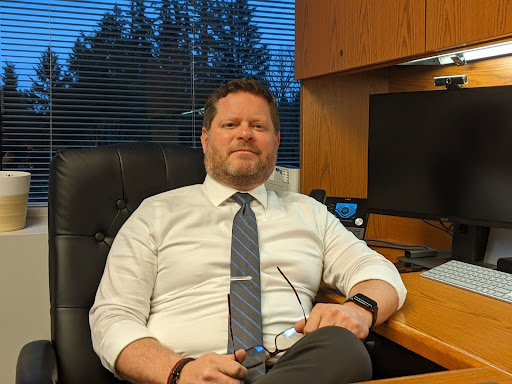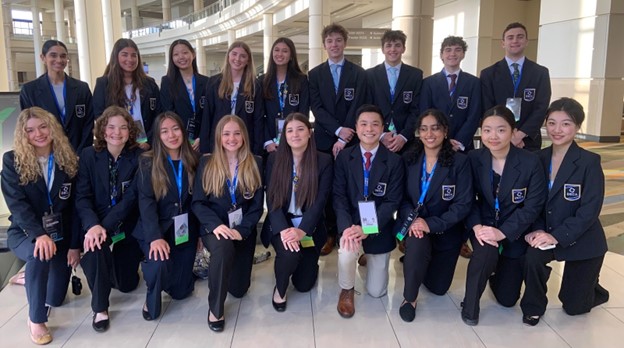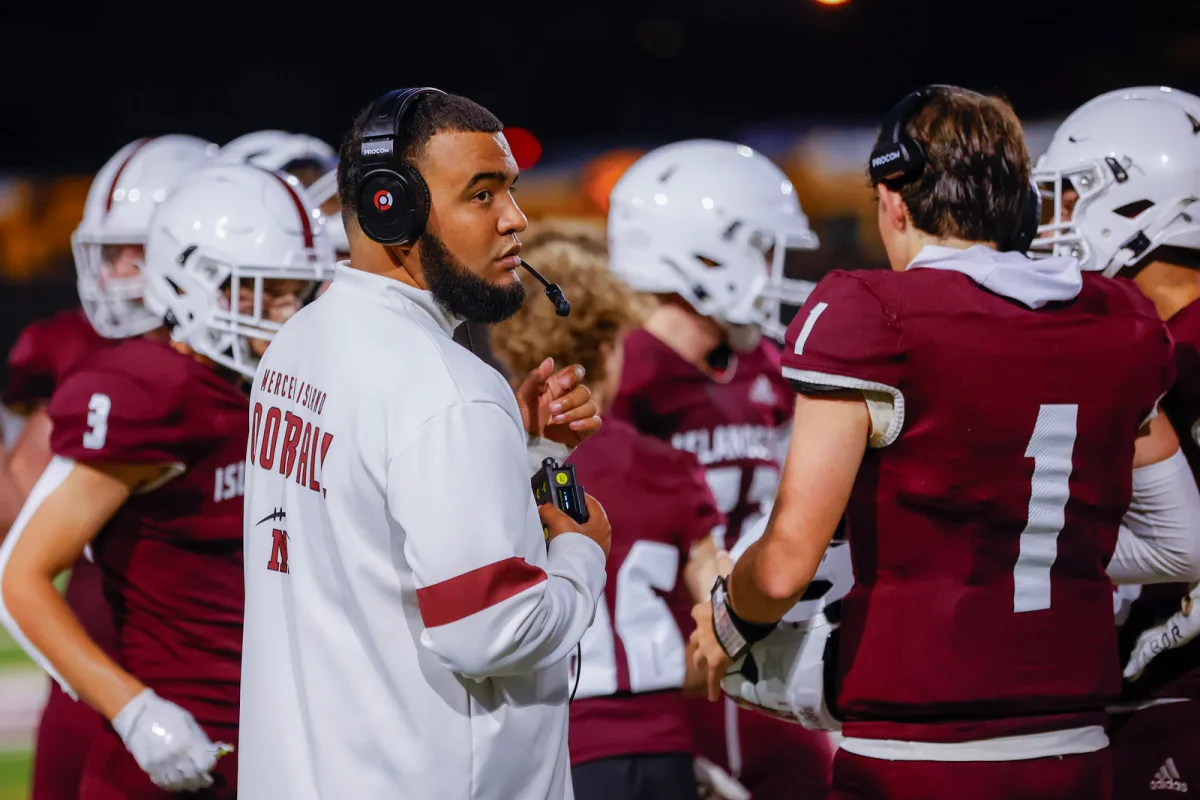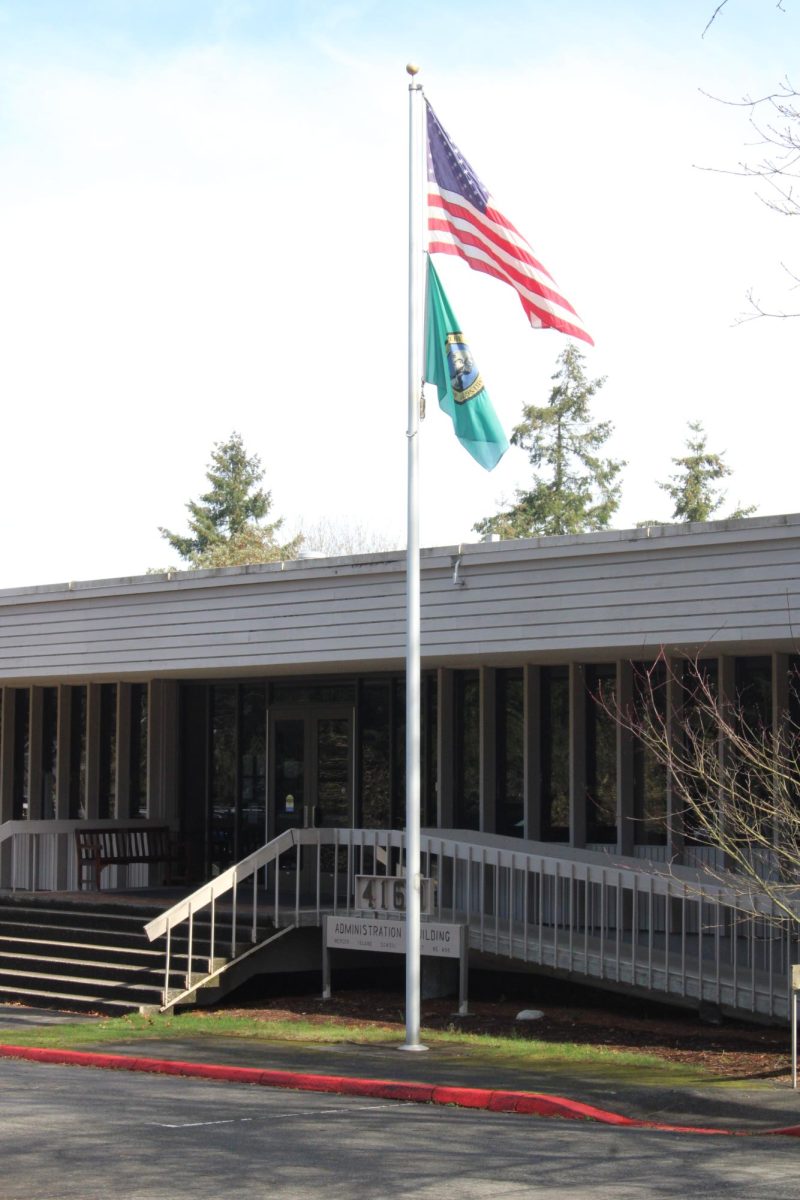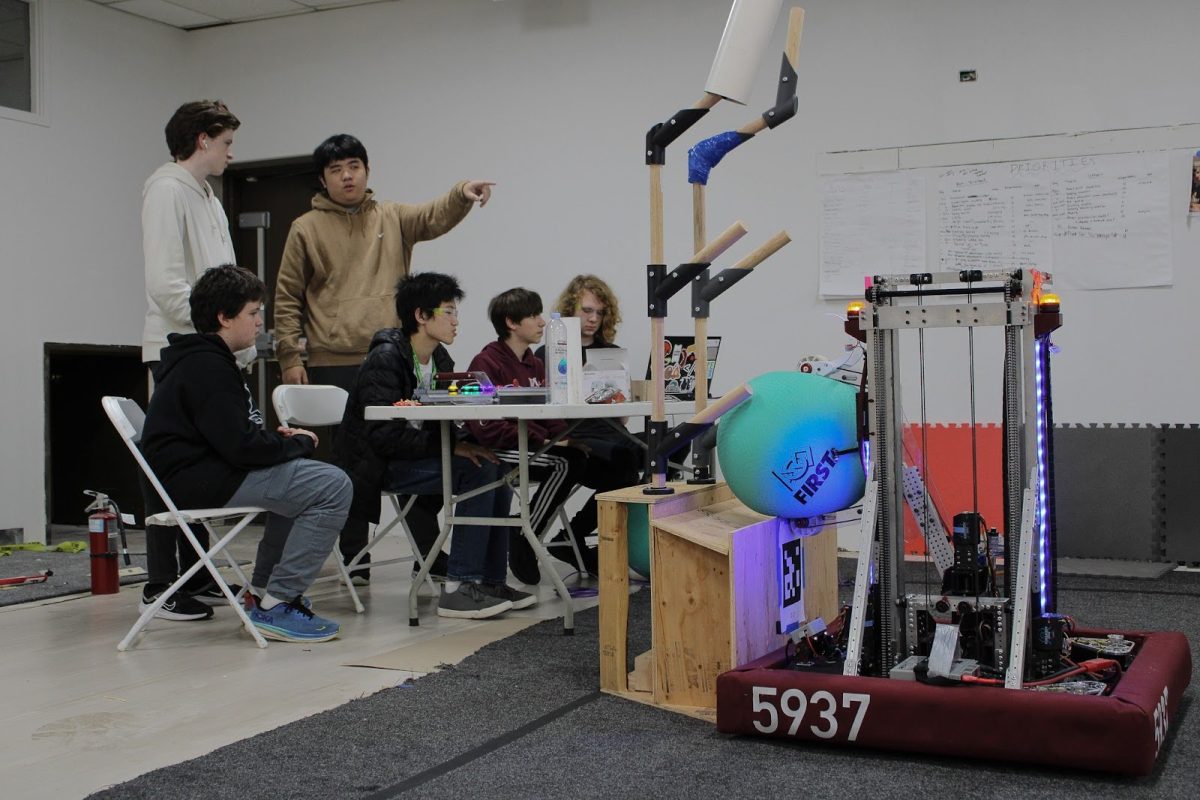The City of Mercer Island has one court, which is headed by Judge Jeff Gregory. A lawyer who spent decades in both public defense and prosecution, Judge Gregory had a storied career leading up to his appointment as Mercer Island Municipal Court Judge in 2022. In addition, Judge Gregory has duties as Presiding Judge of the City of Newcastle, and as Commissioner for the City of Kirkland. Describing his responsibilities to the community, Judge Gregory recounts his philosophy following a life of public service.
After law school, Judge Gregory began working as a Deputy Prosecuting Attorney. After 10 years working in the Prosecuting Attorney’s office, Gregory decided to open a law firm in Bellevue, pursuing criminal defense work as he had so much experience working the other side.
Even at this point in his career, Judge Gregory was unsure of where he wanted to go. “I had no aspiration of becoming a judge at that point, I mostly just wanted to try doing different stuff,” Gregory said. “At one point, I found out I really missed the public service part of the job and that being in the private sector just wasn’t as rewarding to me. It felt too much like a business, and while I know some people like that kind of work, I’ve always gravitated towards the public service aspect of being an attorney.”
This realization changed the trajectory of Judge Gregory’s life as he began to shift away from the private sector, becoming Kirkland’s main public defender. “I started fully feeling the public service element; the benefit and impact you can have on society as a responsible public servant, not just someone who clocks in, does the job and clocks out,” Gregory said. “I felt I was doing a lot of good, but I still wanted to do more… I started to feel like the next step might be becoming a judge. I wanted to be able to use my experience to make that final decision in court.”
That said, Judge Gregory tempered his excitement with heavy doses of humility and caution. “It was only after about two decades that I really felt qualified to become a judge,” Gregory said. “Once I did, I reached out to some judges I knew from my career and asked to serve as a pro tem, which is basically like a substitute teacher for judges. I realized very quickly that I greatly enjoyed the job, and from there began to formulate a plan towards one day becoming a judge.”
Judge Gregory could not have expected how quickly he would have an opportunity to begin. “I had about a five year plan formulated of doing pro tem work so that I would have the experience to run for a judge seat,” Gregory said with a small laugh. “But with only about three months of pro teming, seats started opening up after the COVID-19 pandemic, so I applied for a few positions and Mercer Island was the first one which called me back.”
Now, Judge Gregory has a number of responsibilities dealing with cases throughout the Mercer Island community. “In my jurisdictions the cases I handle go from basic parking tickets or movement violations like speeding tickets to gross misdemeanors,” Gregory said. “Anything above that in severity is a felony, and any felonies that happen in Newcastle or Mercer Island get sent down to the King County Superior Court.”
Mercer Island, described by Judge Gregory, is a fairly typical suburban area. “We deal with a lot of domestic violence type stuff, as unfortunately that is fairly prevalent in these types of jurisdictions where you have a lot of homes and families.” Gregory said. “If I was say a prosecutor down in Auburn—and I was—I’d see a lot different types of crimes. Less maybe domestic violence but more fights in bars or the streets, which you don’t get a lot of in Mercer Island. There’s not a lot of illicit drug activity on Mercer Island—and when I say illicit that means hardcore drugs and narcotics. There is some, but we don’t get a lot of that in general. We see everything, but the amount is very specific to the demographics.”
Judge Gregory has viewed his career as a way to serve those most in need of help. “It’s really important to me to help those who have had very difficult lives, be that by their own hand from their drug use or because they were brought up in a broken home and just never really had a chance,” Gregory said. “As a judge, I have the power to help these people turn their lives around, help being providing them services or forcing them to go to services or even sometimes putting them in prison until they can go to services. I can help them get their addiction taken care of, or have them take parenting classes, or help them get therapy.”
Judge Gregory strongly believes that low-level law has more constructive power, and gives him a greater ability to directly fix people’s problems in a way higher level courts cannot. “It’s those kinds of cases which are why I chose to be a judge, which is why I do stuff at this lower municipal level,” Gregory said. “Because the fact remains, once you’ve committed several felonies you’ve gone pretty far outside the realm of normal society. People here who are addicted to narcotics, they’re not typically out there selling a bunch of it. They might have a problem but they’re still on the fringes of society and just need some help being brought back in. So at the lower level, there’s a lot more success in taking people who need either a hand or sometimes a push, and helping them get back on their feet.”
Regardless of where or who he adjudicates, Judge Gregory has tried to always carry with him the sense of fairness that he believes was instilled in him by his parents. “I grew up in a blue collar town with a blue collar family … They developed early on an idea of mutual respect. They wouldn’t come down on me too hard, but they wouldn’t let me off really easy either.”
When someone walks into his courtroom, Gregory’s goal is to take a look at what the person did and how they can fix it. “What I tell people is that they screwed up and now they need to go out and do something to help get themselves back on their feet,” Gregory said. If they then come back and try to explain why they didn’t do what they promised to do, Gregory simply tells them, “In my court you get one chance after you’ve pled guilty, you screwed up and you took ownership. I told you to go do some stuff, and life got in the way. Alright, you’ve used your one chance, but you don’t get another one. So when you leave here and return next time, if you haven’t done it a second time, there’s going to be no more excuses.” This way, Gregory reports, he can build a relationship of mutual respect, which has led to many good responses.
With a long career behind him, Judge Gregory feels optimistic about his future. “I’m extremely happy that I stuck with this career.” Gregory said. “I’m at a point in my career where I would do all this for free. I consider myself very lucky because this is never something I thought I’d get to say, I thought it would be a grind my whole career. But as of now I have no plans to retire or to do anything else but this.”


